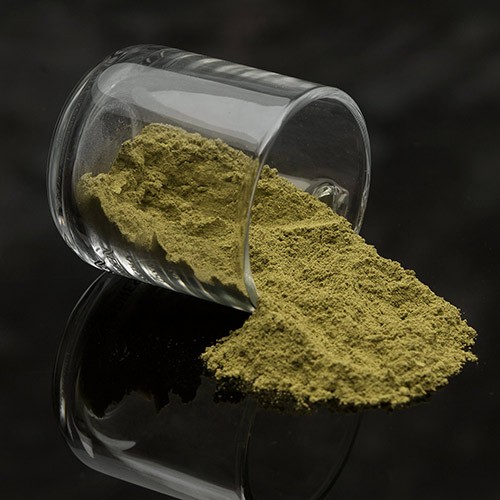(KCPA)?
The Kratom Consumer Protection Act (KCPA) is a state-level law in the United States designed to regulate the manufacturing, labeling, sale, and distribution of kratom products. The act seeks to protect consumers from adulterated or unsafe kratom while preserving legal access to natural kratom for adults.
🎯 Why the KCPA Was Created
As kratom gained popularity in the U.S., concerns grew over unsafe products containing heavy metals, bacteria, synthetic drugs, and inconsistent potency. The Food and Drug Administration (FDA) has not approved kratom, and without federal regulation, states faced a dilemma: ban it entirely or regulate it responsibly.
The American Kratom Association (AKA) helped develop the KCPA model to allow access to safe kratom while preventing abuse and mislabeling.
📜 Core Provisions of the KCPA
- Minimum Age Requirement: Prohibits sale of kratom to anyone under 18 or 21 (depending on state).
- Labeling Requirements: Mandates clear labeling of alkaloid content, ingredients, and usage instructions.
- Product Testing: Requires third-party lab testing for contaminants such as heavy metals, pathogens, and adulterants.
- Prohibited Additives: Bans the sale of kratom mixed with synthetic substances or other controlled drugs.
- Penalties: Imposes fines or legal action against violators, including fraudulent or unsafe manufacturers.
🟢 U.S. States That Have Passed the KCPA (as of 2025)
- Utah
- Arizona
- Georgia
- Nevada
- Oklahoma
- Colorado (partially)
- Missouri
- Oregon
More states are actively considering KCPA legislation as an alternative to full bans.
🔍 Benefits of the KCPA
- Improves consumer safety through quality control
- Allows law enforcement to target bad actors and unsafe products
- Maintains legal access for responsible adult users
- Encourages responsible kratom vendors to comply with safety standards
⚖️ KCPA vs. Federal Ban Attempts
The KCPA is a response to multiple efforts by the FDA and DEA to schedule kratom as a controlled substance. Advocates argue that prohibition would push kratom users toward opioids and eliminate access to a potentially helpful herbal alternative. The KCPA allows for regulation without criminalization.
📚 References
- American Kratom Association – KCPA Resources
- U.S. Food & Drug Administration
- Utah Kratom Consumer Protection Act (HB 347, 2019)
- Missouri House Bill 350 (2023)
Disclaimer: This article is for educational purposes only and does not promote the use or sale of kratom. Laws and regulations may change; always consult local authorities for current legal status.




